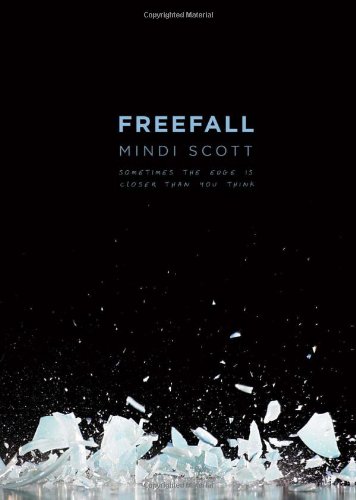The first book that comes to mind is The Hunger Games by Suzanne Collins, and I think it's a perfect example because we've all read it. At least I think we have. If you haven't, go do that.
Katniss doesn't go over all the details of her world, how things used to be, what caused the shift, and how things work now, but she does give us a bit of information about things like the tracker jackers, so that we can see what they are and very briefly what they were created to do. She lets us in on the history of a revolution against the Capital that ultimately spawned the annual Hunger Games--important information that is interesting to the reader. She doesn't dwell on it. She tells us exactly what we need to know and only when we need to know it.
Think about the mutts. Imagine how much that scene would have been slowed down if Katniss would've pushed pause and explained in detail how and why they were originally created. We figured out very quickly what they are, or as much as Katniss knew about them, and we moved on with the action.
I think the most important thing to remember when creating a fantasy world is what is natural for the characters. If your MC doesn't know how the monster was created, then she shouldn't be telling the reader. The reader should be discovering this information with her, but only if and when it's necessary. If she's never seen an ipod, then she shouldn't be telling the reader how her music player compares to one. As writers it is up to us to find a balance between information and action, and it is












